We may earn money or products from the companies mentioned in this post. This means if you click on the link and purchase the item, I will receive a small commission at no extra cost to you … you’re just helping re-supply our family’s travel fund.
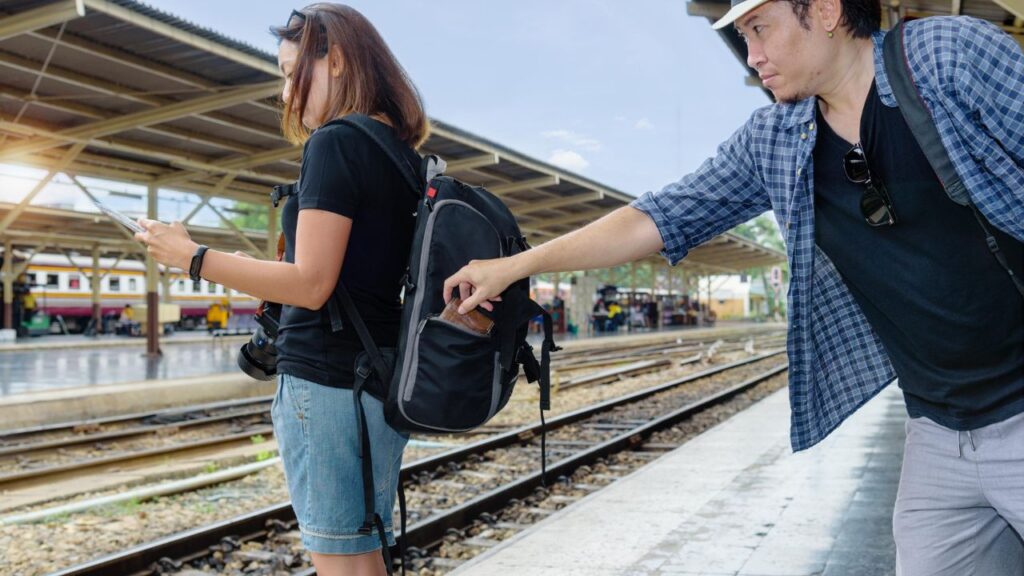
Traveling opens the door to unforgettable experiences, but it also makes you an easy mark if you’re not careful. Tourists often stand out in unfamiliar environments, making them targets for scams designed to separate them from their money, belongings, or personal information. Here are 13 of the most common travel scams around the world, along with how to recognize and avoid them so your trip stays memorable for the right reasons.
Similar-Looking Currency Swap

In some countries, bills of different denominations look almost identical. Scammers take advantage of this by swapping out higher bills for lower ones and claiming you paid the wrong amount. Always double-check the currency before handing it over, and clearly state the denomination as you pass it to the vendor. Learning the look and color of local notes before arrival can help you catch sneaky tricks on the spot.
Rigged Taxi Detours
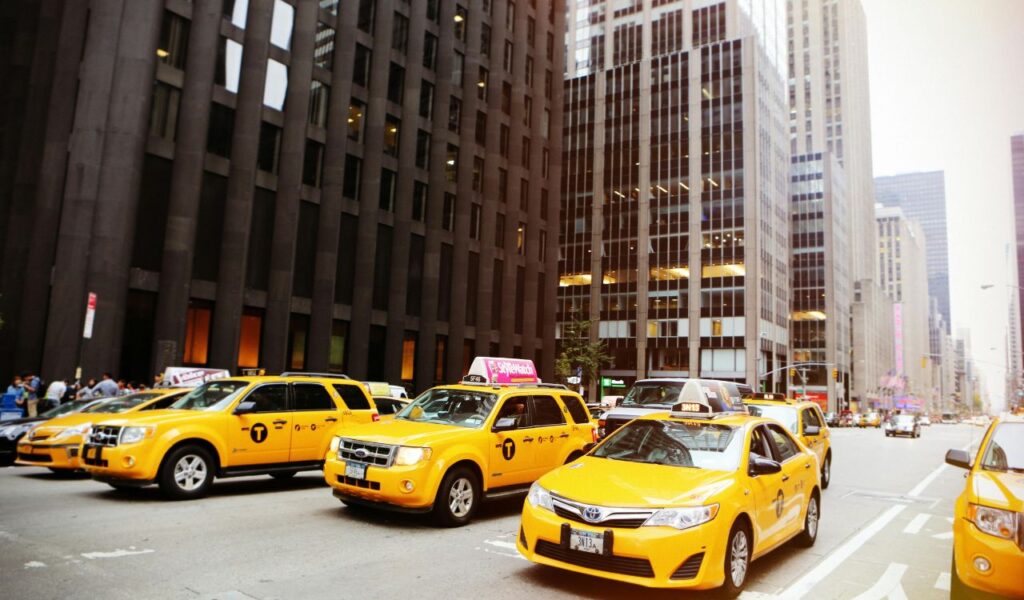
A driver may tell you the meter is broken, quote a flat fare, or take a scenic route to inflate the final cost. Some even collaborate with hotels or shops for kickbacks. Avoid this by using official taxis, ride-hailing apps, or pre-booked transport. If you must take a taxi, make sure the meter is running from the start and track your route on an offline map so you can speak up if things go sideways.
The Photo Trap

You’re approached by someone in costume or with a cute animal and offered a quick photo. Afterward, they aggressively demand money often more than expected. Worse, others may suddenly appear asking for payment too. To stay safe, never take photos with street performers or animals unless you’ve agreed on a price beforehand. If someone forces their way into your shot, simply don’t engage and walk away.
Fake “Free” Gifts

Bracelets, trinkets, or flowers may be pushed into your hands as a “gift.” Once you accept, the scammer demands payment and may become confrontational. This scam is common in plazas and near landmarks. The trick is to not take anything you didn’t ask for. If someone reaches toward you with something, keep your hands by your side and politely but firmly say no.
Street Gambling Games

Shell games and card tricks played on sidewalks or plazas seem easy to win. You might even see others winning cash those are actors. The minute you bet, you lose. These setups are classic scams with planted accomplices. Don’t stand around watching either; these games often serve as cover for pickpocketing. Just walk past and keep moving.
“Closed” Attraction Diversio

You’re told an attraction is closed for the day due to a holiday, cleaning, or ceremony. The helpful local offers a ride to another “must-see” spot usually a high-pressure store or an overpriced tour. Always walk up to the entrance yourself to confirm. If something really is closed, find your own way to the next stop. Never accept unsolicited detours.
Fake Tour Guides

A friendly local offers to show you around or practice their English, claiming it’s a free gesture. After the walk, they surprise you with a high “tour” fee or pressure you into shopping at a friend’s store. Avoid this by booking official tours from trusted platforms. If someone insists on guiding you uninvited, politely decline and move along.
Counterfeit Vacation Rentals
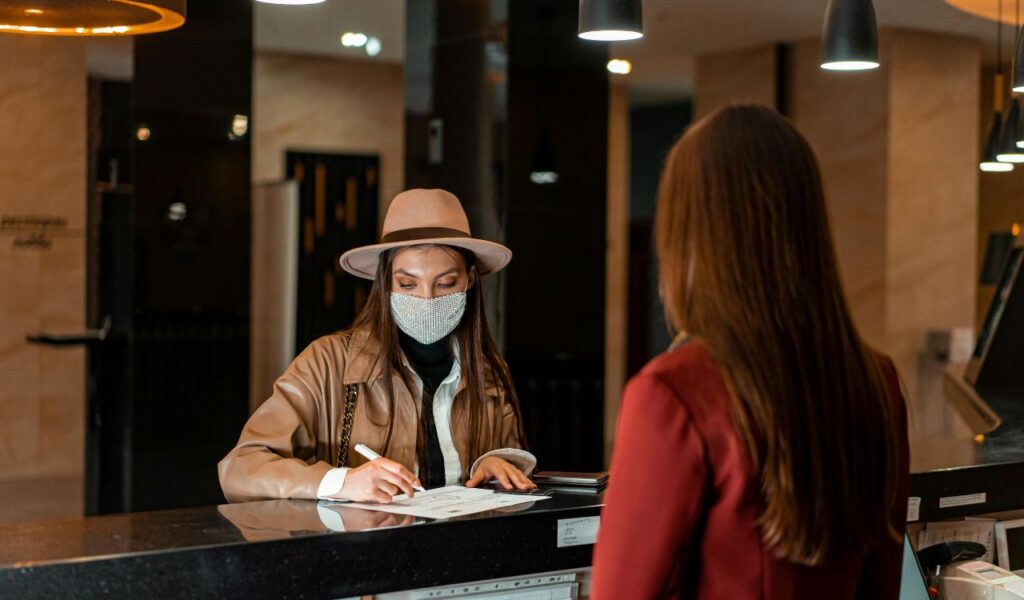
Scammers post fake listings with stolen photos and low prices. After you wire a deposit, the listing vanishes. In some cases, you arrive to find the place doesn’t exist. Always book through secure, reputable platforms, and keep all communication within the site’s messaging system. Be cautious of any request to pay directly or outside the booking platform.
No-Price Menu Trick

You sit down at a casual café or food stall and are handed a menu without prices. After eating, you’re slammed with a wildly inflated bill. If you ask, they claim it’s “special tourist pricing.” To avoid this, ask for prices up front or confirm before ordering. Check reviews online for common traps, and avoid any place that refuses to show a clear menu with prices.
Compliment Pickpockets
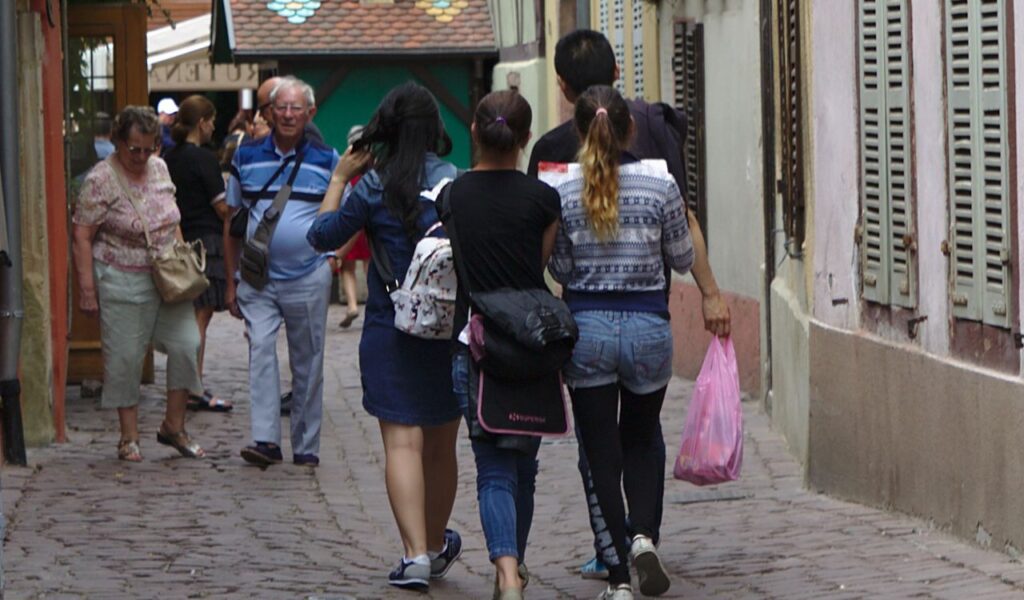
A stranger stops you to compliment your shoes, shirt, or jewelry, sometimes trying to touch it or compare it with theirs. While you’re distracted, their partner relieves you of your wallet or phone. Be wary of strangers getting too close. If someone steps into your space, step back and hold onto your belongings. Keep wallets deep in your front pockets or use anti-theft bags.
Fake Police Officers
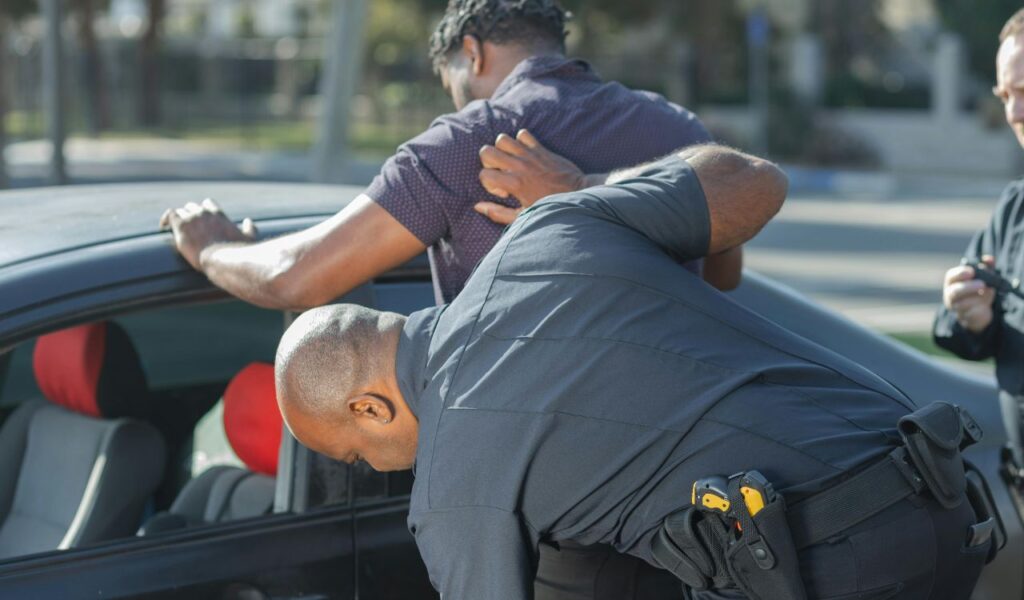
Someone flashes a badge and accuses you of breaking a law or using counterfeit bills. They demand to see your passport and wallet, then steal cash or documents. Don’t hand over your passport to anyone without clear identification. Offer to walk with them to the nearest police station instead. Real officers won’t object to that, but scammers will quickly vanish.
Spiked Drinks and Fake Dates

In some bars or dating app setups, tourists are drugged so scammers can empty wallets, charge credit cards, or steal valuables. These incidents have been reported worldwide. Never leave your drink unattended, and avoid meeting strangers in private locations. Share your plans with a friend and stay in public places. If anything feels off, trust your gut and leave.
Evil Twin Wi-Fi Networks

At airports, cafés, or hotels, scammers create fake Wi-Fi networks with names similar to the real ones. You connect, thinking it’s legit, and they capture your login credentials or banking info. Always ask staff for the official network name before connecting. Avoid entering sensitive data while on public Wi-Fi, and use a VPN whenever possible.
Other Blog Posts You Might Enjoy
www.idyllicpursuit.com (Article Sourced Website)
#Common #Scams #Tourists #Fall #Outsmart #Idyllic #Pursuit
